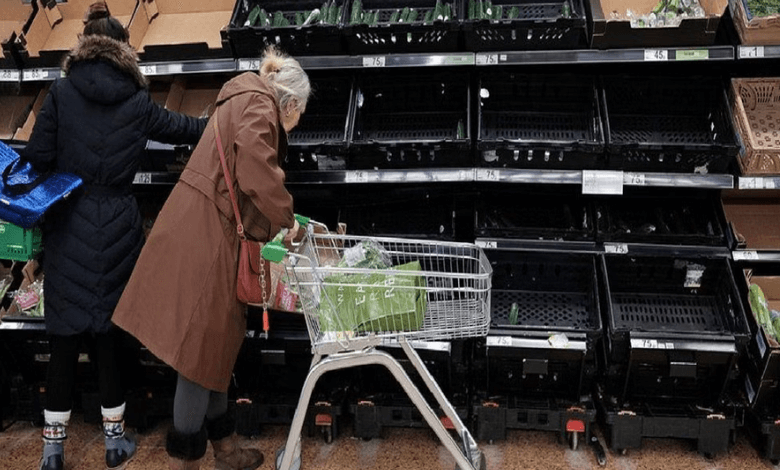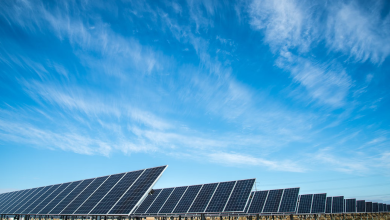How Climate Crisis and Energy Costs Fuel a £600 Surge in UK Food Expenses?

The ECIU report, backed by researchers from the universities of Bournemouth, Exeter, and Sheffield, highlights the direct correlation between global heating and the burgeoning cost of living crisis. A significant finding of the analysis indicates that one-third of all food price inflation in the UK this year can be attributed to more frequent and extreme weather events.The tumultuous aftermath of Russia’s invasion of Ukraine, causing a spike in gas, energy, and fertilizer prices, has further burdened British households. The combined impact of soaring energy costs and climate-induced challenges has led to an additional £605 in food costs for UK households in 2022 and 2023.
Read More: Winterless Reality, Greece’s Olive Groves Grapple with Climate Crisis.
Tom Lancaster, a land analyst at ECIU, underscores the disruptive role of climate change in global food production, stating, “Climate change is playing havoc with global food production, and this is inevitably feeding through to higher prices at the tills. Across 2022 and 2023, the climate emergency alone added the equivalent of six weekly shops to the average household food bill.”
The cost attributed to the climate crisis has surged from £171 in 2022 to £192 in 2023, outweighing the effects of decreasing energy prices. Official figures reveal a peak in food and drink price inflation at nearly 20% earlier this year, reaching levels unseen since the 1970s. Although food price inflation has slightly receded in recent months, it remains at historical highs, nearing 10%.
The report cites disruptions from extreme weather events, such as Storm Babet, which flooded farmland and impacted potato and vegetable harvests, contributing to ongoing price volatility. Droughts in 2022 and an unusually wet harvest in 2023 added to the challenges faced by UK agriculture.
Experts warn that the El Niño weather system might exacerbate weather-related issues, leading to potential further increases in food prices next year. Professor Wyn Morgan of Sheffield University emphasizes that as climate impacts worsen, the cost of living crisis is likely to persist.
Amidst these challenges, calls for government intervention grow louder. Anna Taylor, executive director at the Food Foundation, urges the government to address the root causes and revive plans for a horticulture strategy. This strategy aims to enhance fruit and vegetable production within the UK, reducing dependence on southern European crops vulnerable to climate-induced pressures.
In conclusion, the intersection of the climate crisis and energy costs presents a formidable challenge for UK households, necessitating proactive measures to mitigate the impact on food security and affordability. The report underscores the urgency for sustainable and resilient agricultural practices as a crucial component of future food security in the face of a changing climate.



